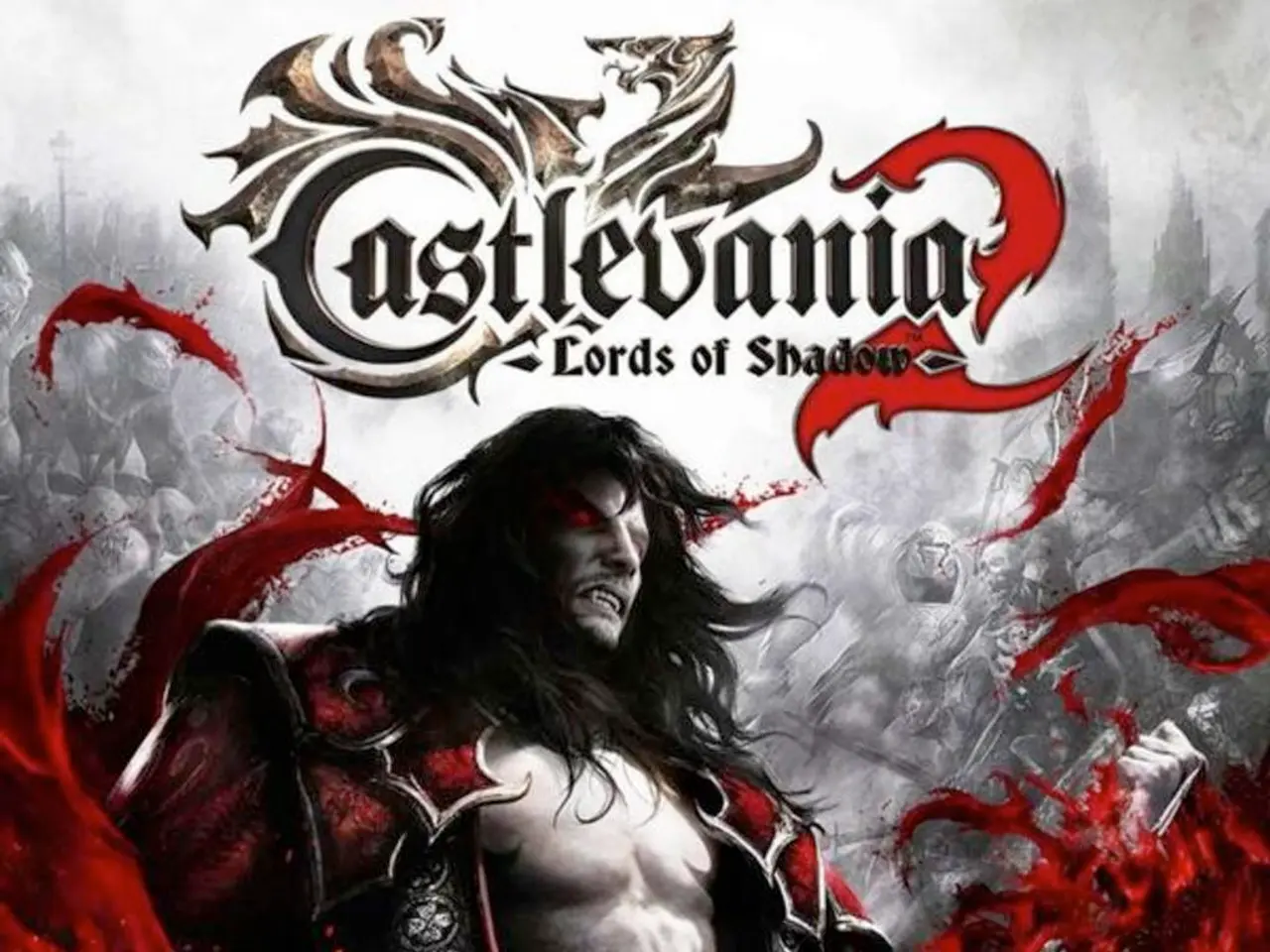Democratic Political Candidates Explored Through the Lens of Gnosticism
Eric Voegelin, a mid-20th-century philosopher, introduced the concept of Gnosticism in politics as a means to critique modern ideologies. According to Voegelin, ideologies such as communism, fascism, and liberal progressivism share a common "gnostic" impulse: an attempt to immanently realize a perfect, utopian order in this world by rejecting existing reality and claiming direct, eschatological knowledge or salvation. This endeavour, he coined as "immanentizing the eschaton," is seen by Voegelin as both impossible and dangerous.
In the context of modern Democratic presidential candidates, this framework is frequently invoked by conservative thinkers to critique the utopian or transformative ambitions of progressive liberalism. Voegelin's critique suggests that such progressive movements embody a gnostic mindset by seeking to create a perfect justice or societal order through political action, often sidelining tradition, natural order, or transcendent spiritual realities.
Voegelin's "gnosticism" is less about actual ancient gnostic sects and more about a metaphor for modern ideologies that attempt to substitute a political version of salvation for religious transcendence, often grounded on intellectual utopianism. Conservative critics inspired by Voegelin argue that progressive Democrats, like past ideologues, pursue "immanentizing the eschaton" via expansive government programs or social engineering aimed at reshaping human nature or society fundamentally.
This critique contrasts such ideology with conservatism, which Voegelin-influenced thinkers characterize as rooted in tradition, prudence, and acknowledgment of human limitations, resisting ideological hubris. Voegelin's ideas have been used to diagnose the spiritual and political challenges of modernity, highlighting tensions between secular political movements and transcendent religious order.
While Voegelin's analysis was initially focused on totalitarianism and utopian ideologies, his analysis is often used today by conservatives to frame perceived progressive Democrats’ policy goals as a contemporary political gnosticism, though this interpretation can be polemical rather than purely academic.
Notable examples of the Gnostic dream world interpenetrating national security policy can be seen in calls for a "no fly zone" in Syria against Russian air units, as well as in the Democratic presidential debates where candidates propose fantasies such as erasing national borders, global warming solutions, and the Green New Deal.
Voegelin warns that Western society is ripe to fall for communism, and his warnings about the dangers of Gnostic politics and the potential for society to fall for communism are still relevant today. His analysis provides a lens through which modern political movements can be critiqued, offering insights into the potential pitfalls of utopian ideologies and the importance of tradition, prudence, and acknowledgment of human limitations in political decision-making.
- Eric Voegelin, a mid-20th-century philosopher, identified the concept of gnosticism in politics as a critique for modern ideologies like communism and liberal progressivism.
- Voegelin's critique suggests that such progressive movements embody a gnostic mindset, seeking to create a perfect justice or societal order through political action.
- The pursuit of a perceived political salvation, as Voegelin coined it, "immanentizing the eschaton," is seen by him as both impossible and dangerous.
- In contemporary politics, this framework is often invoked by conservative thinkers to critique the utopian or transformative ambitions of progressive liberalism.
- Voegelin's ideas are also used to diagnose the spiritual and political challenges of modernity, highlighting tensions between secular political movements and transcendent religious order.
- Notable examples of the gnostic dream world interpenetrating national security policy can be seen in calls for a "no fly zone" in Syria against Russian air units, demonstrating the relevance of Voegelin's warnings about the potential dangers of gnostic politics and the possibility for society to fall for communism, even today.




